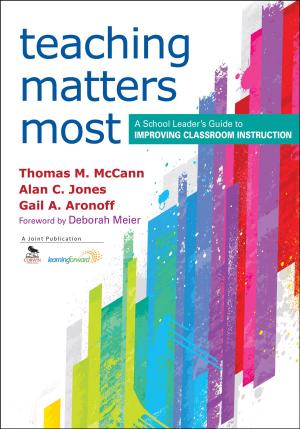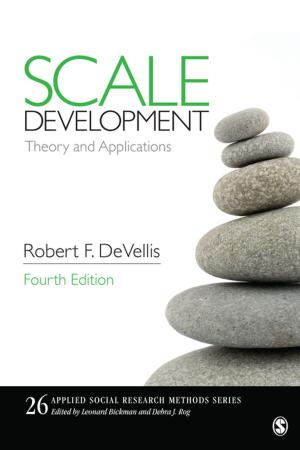An R Companion to Political Analysis
Nonfiction, Social & Cultural Studies, Political Science, Politics, History & Theory| Author: | Philip H. Pollock, Professor Barry C. Edwards | ISBN: | 9781506368832 |
| Publisher: | SAGE Publications | Publication: | March 31, 2017 |
| Imprint: | CQ Press | Language: | English |
| Author: | Philip H. Pollock, Professor Barry C. Edwards |
| ISBN: | 9781506368832 |
| Publisher: | SAGE Publications |
| Publication: | March 31, 2017 |
| Imprint: | CQ Press |
| Language: | English |
Teach your students to conduct political research using R, the open source programming language and software environment for statistical computing and graphics. An R Companion to Political Analysis by Philip H. Pollock III and Barry C. Edwards offers the same easy-to-use and effective style as the best-selling SPSS and Stata Companions. The all-new Second Edition includes new and revised exercises and datasets showing students how to analyze research-quality data to learn descriptive statistics, data transformations, bivariate analysis (cross-tabulations and mean comparisons), controlled comparisons, statistical inference, linear correlation and regression, dummy variables and interaction effects, and logistic regression. The clear explanation and instruction is accompanied by annotated and labeled screen shots and end-of-chapter exercises to help students apply what they have learned.
Teach your students to conduct political research using R, the open source programming language and software environment for statistical computing and graphics. An R Companion to Political Analysis by Philip H. Pollock III and Barry C. Edwards offers the same easy-to-use and effective style as the best-selling SPSS and Stata Companions. The all-new Second Edition includes new and revised exercises and datasets showing students how to analyze research-quality data to learn descriptive statistics, data transformations, bivariate analysis (cross-tabulations and mean comparisons), controlled comparisons, statistical inference, linear correlation and regression, dummy variables and interaction effects, and logistic regression. The clear explanation and instruction is accompanied by annotated and labeled screen shots and end-of-chapter exercises to help students apply what they have learned.















